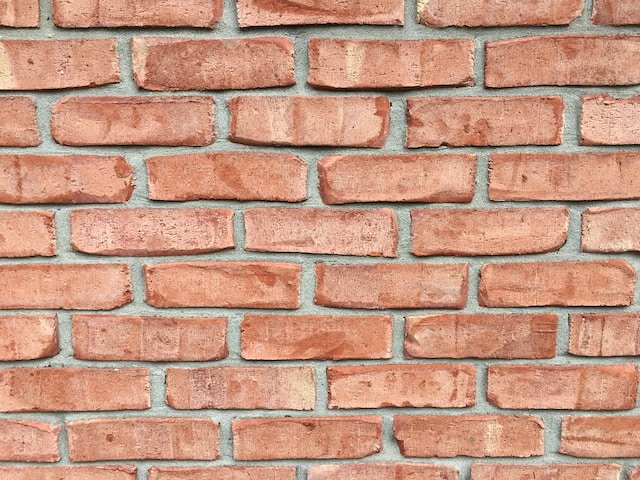Masonry & Energy Efficiency
Masonry has a reputation for being old-fashioned and outdated. But, masonry construction is actually a great way to get the features you want in your new home. Masonry buildings are energy efficient, fire resistant, and earthquake resistant. They also have good thermal mass that helps manage temperature fluctuations. We’ll go over some of these benefits in this article as well as some things to consider when designing your new masonry building or remodeling an existing one!
Masonry is a good choice for energy efficiency
Masonry is a good choice for energy efficiency.
Masonry’s high R-value and thick walls make it an excellent insulator, which means you can keep your home warmer in the winter and cooler in the summer. Masonry also has low thermal conductivity, so it doesn’t take much heat to warm up or cool down masonry structures.
Masonry buildings are more energy efficient than other materials
Masonry buildings are more energy efficient than other materials because they:
- Insulate well. Masonry is a good insulator, which means it reduces heat loss and helps keep your home warm in winter and cool in summer. In fact, masonry walls can be up to two times as efficient at keeping out the cold as standard wall construction with 2x4s or plywood sheathing (source).
- Conduct heat well. Masonry conducts heat very efficiently–so efficiently that you’ll notice the difference when you walk into a building built with this material! The result? A reduction in heating bills for homeowners who use masonry materials on their homes’ exteriors or interiors alike (source).
- Conduct moisture poorly but store moisture within itself well; this property makes it ideal for use outdoors where there’s a chance of getting wet weather conditions like rainstorms or heavy dewfall during springtime months when gardens need extra watering due to lack of rainfall while growing season lasts longer than usual before temperatures rise enough so plants begin sprouting again after hibernating all winter long under snow cover up north where our region gets coldest temperatures year round.
Heat loss and gain through the masonry walls can be managed to optimize performance
Masonry is a good insulator, but it can be improved. The mortar joints can be filled with insulation to improve the thermal performance of the wall. Windows can also be sealed to reduce heat loss in winter and heat gain in summer.
This type of masonry will help you save money on utility bills while improving comfort levels at home!
Masonry is great for heating and cooling systems
Masonry is a good insulating material, so it’s an ideal choice for heating and cooling systems. Masonry walls are also a great place to install radiant floor heating, hydronic heating and forced air systems.
Masonry buildings are fire resistant and earthquake resistant in many cases
Masonry buildings are fire resistant and earthquake resistant in many cases. The masonry walls are built with bricks or blocks of stone, which makes them strong and durable. Masonry walls can withstand high temperatures without collapsing like wood or other materials would do.
Masonry buildings are also safe from fires because they have a layer of clay mortar between each course of stone or brick that acts as an insulator, keeping heat away from the inside of your home during a firestorm. This means that if there is an electrical short circuit within your home’s wiring system which causes flames to spread quickly throughout large areas of space inside your house (such as when lightning strikes), then this insulation will help prevent damage from occurring due to its ability not only withstand high temperatures but also disperse them evenly throughout itself so there aren’t any hot spots where heat could build up too much pressure within its body structure thus causing collapse later down line somewhere else first before anywhere else did anything else at all!
There are many reasons why it’s a good idea to consider using masonry construction for your home improvement projects
Masonry is a great choice for energy efficiency. Masonry buildings are more energy efficient than other materials, because they provide better thermal massing and higher R-values. Heat loss and gain through the masonry walls can be managed to optimize performance, making it an ideal material for heating and cooling systems.
Masons have been using this knowledge for centuries to create masterpieces that last for generations–and now you can too! If you’re looking for a new way of building your home or renovating an existing space, consider masonry construction as part of your next project.
In conclusion, masonry construction is a great option for homeowners who want to improve their homes and make them more energy efficient. The material is fire resistant, earthquake resistant and can help keep your heating and cooling costs down by insulating against heat loss or gain through the walls. In addition, masonry provides many other benefits such as being able to withstand damage from outdoor weather conditions like rainstorms or hail storms without crumbling away over time like some other materials might do if exposed repeatedly over long periods of time without proper care taken beforehand (such as sealing cracks in mortar joints).

